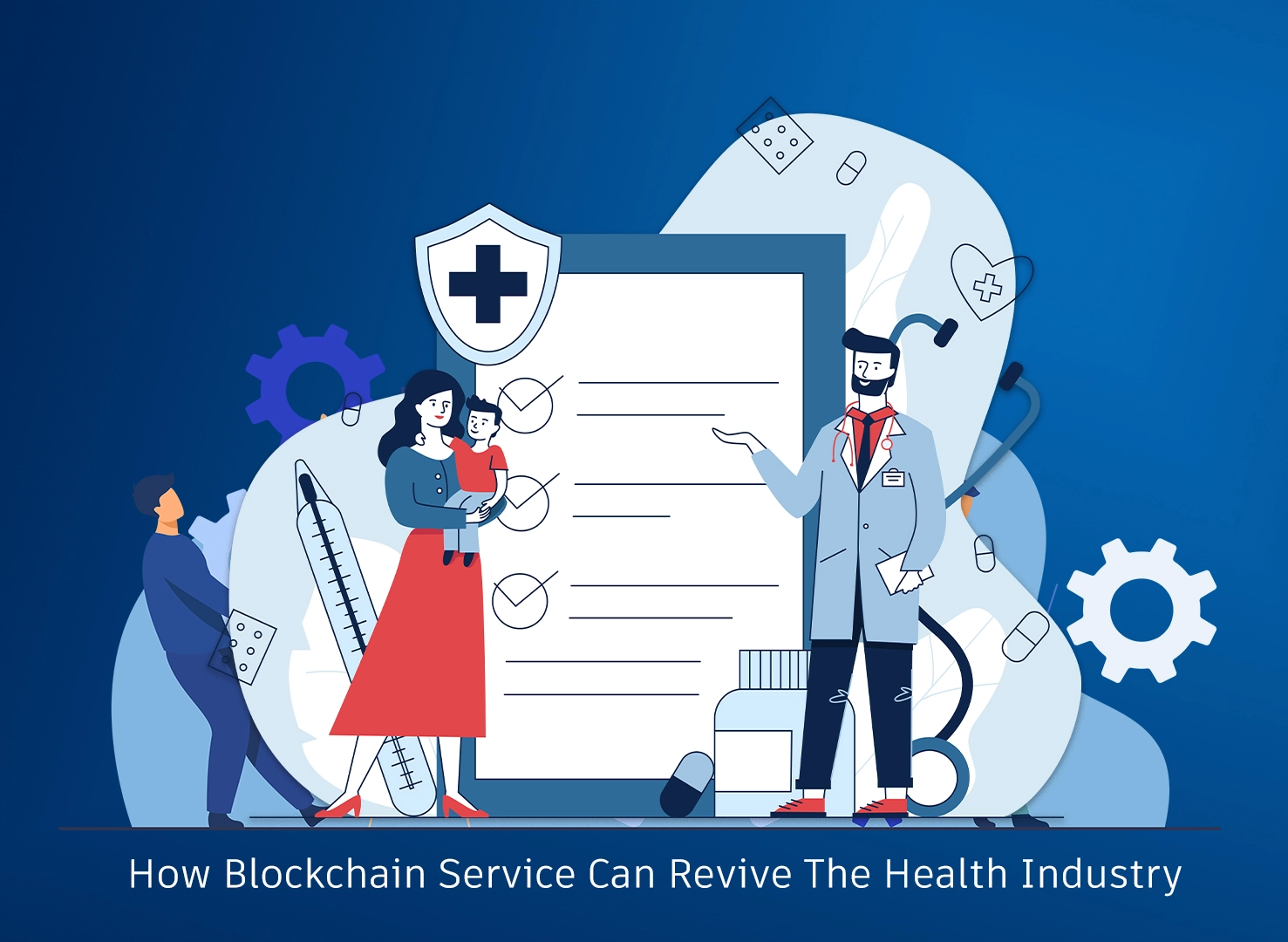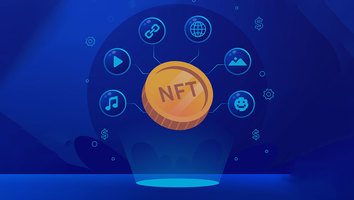The field of medicine and healthcare has always been in a state of flux. Healthcare services, on the other hand, typically tend to remain stationary as standards and consumers rise rapidly, damaging free workflow and service hierarchy.
Various aspects of medical management, such as administration, medication forgeries, patient record handling, and clinical tests, consume a larger amount of the annual budget without bringing about any systemic changes.
This is where the importance of blockchain technology, which is used in a variety of businesses, comes into play.
The role of blockchain in healthcare will potentially transform global scrutiny to the acme of social clearance and successful medical schemes, from electronic health care records or EHRs to production monitoring, quicker data trial processes to better data security.
How Blockchain Works?
This system works by linking secure chunks of data together using an encrypted data ledger. Without a central administrator, data is kept in synchronised databases that are duplicated. It offers efficient data collecting while maintaining system security because it is a distributed database with records disseminated across a network.
How does it improve the security of health data while also promoting good health?
When it comes to health data storage, having a database network means a patient can have their own password that they use to authenticate access to records at a variety of hospitals and medical offices, allowing for accurate data to be maintained without the need for vulnerable personal documents.
Unified data systems benefit both a single patient and a larger group of individuals in terms of individual and social health since patterns and illness spread may be discovered rapidly. These technologies are more important than ever before, not only to business and the economy but also to the future of public health and global population safety.
Here's how Blockchain will transform the healthcare Industry
At a glance, blockchain technology has numerous advantages in the healthcare industry, whether for ordinary patients, the general public, or health professionals. Here are a few examples:
1) Privacy
The average person's privacy is enhanced by blockchain technology, especially if their personal "key" code is necessary to access records. Furthermore, because of the block structure, administrative users can only edit entries to which they have been authorised access - the chain's total records remain secure.
2) De-stigmatisation
Stigmatized issues and how they affect patients seeking treatment are long-standing issues in public health. Patients have some control over their records thanks to the privacy and security provided by blockchain records, and their information cannot be shared between professionals without their agreement. Patient anonymity can be protected much more successfully, allowing them to seek clinical support more discreetly.
3) Organisation
It's no surprise that healthcare is drowning in data management in an industry where record-keeping is critical. Not only is it difficult to establish data consistency amongst employees, much alone facilities, but human error is unavoidable even with the best procedures. In the medical field, user error can have catastrophic consequences for both individual patients and large communities. While blockchain technology helps hospitals and clinics be more organised, it also benefits patients by ensuring that their documentation, such as prescriptions and billing, are well-managed.
4) Prevent Costly Mistakes
Miscommunication amongst medical specialists costs the healthcare industry $11 billion per year. Accessing a patient's medical records takes time, depleting staff resources and causing delays in patient care. The use of blockchain-based medical records may be able to assist in resolving these challenges.
The decentralised structure of the technology creates a single ecosystem of patient data that doctors, hospitals, pharmacists, and anybody else involved in therapy may access quickly and easily. In this sense, the blockchain can help to speed up diagnostics and personalised care plans.
5) Drug Traceability/Safety
How much do we truly understand about medicine? Is it possible that it hasn't been messed with? Is it coming from a reliable source? These challenges preoccupy the medical supply chain, or the interaction between the lab and the marketplace.
Blockchain's decentralisation enables complete transparency in the shipping process, which has significant implications for pharmaceutical supply chain management. Once a drug ledger is generated, the point of origin will be noted (i.e., a laboratory). The ledger will then record data along the way, including who handled it and where it went, until it reaches the consumer. In addition, the system can keep track of labour costs and waste emissions.
6) Drug Forgery
Even though many regulations and constraints have been put into the system over the years of sustainable development, drug counterfeiting remains a major problem in healthcare. In the context of the medical system, the use of blockchain in the regulated supply of pharmaceuticals is both revolutionary and practical. Because blockchains are impermeable and safe, pharmaceutical tracking from the manufacturing stage to market distribution among patients who have been prescribed for consumption can help to combat current forgeries.
7) Reducing Data Breaches
Patient data is particularly sensitive and private, and healthcare institutions devote a significant number of resources to data security. Patients eventually lose trust in the organisation as a whole, which is unable to guarantee data protection to its clients and consumers, as a result of data loss. The degree of data security and privacy is one of the most significant characteristics of blockchain. Security will be effective and lasting in the healthcare industry if a system is built where data can be accessed and extracted only by concerned parties. Blockchain uses encryption.
Final Thoughts
Blockchain, as you could see, may transform the healthcare industry to an unprecedented scale!



